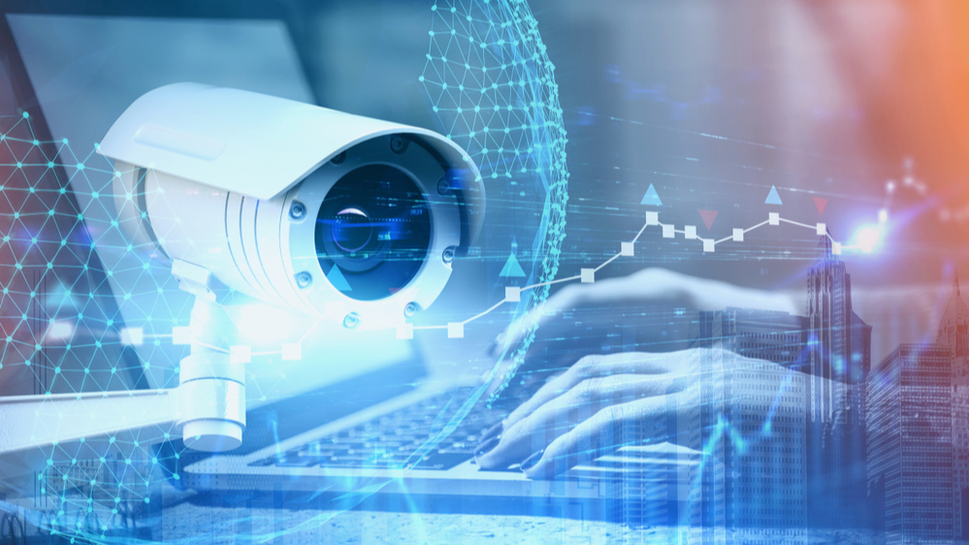Employees are facing more online surveillance than ever
Surveillance needs to be regulated, experts are saying

The rate of employee surveillance is getting out of hand after rising during the pandemic, the Trades Union Congress (TUC) has warned.
The organization has published a report in which it claims almost two-thirds (60%) of employees reported being under some form of technological surveillance and monitoring, up from 53% last year.
Furthermore, three in ten survey respondents said surveillance increased during the Covid-19 pandemic.
We're looking at how our readers use VPNs with different devices so we can improve our content and offer better advice. This survey shouldn't take more than 60 seconds of your time. Thank you for taking part.
Regulating surveillance tech
Technological surveillance and monitoring is described as businesses having access to emails, files, and webcams installed on work computers, as well as being able to record typing patterns and keystrokes, telephone calls, as well as other “traceable movements”.
The European Union has proposed a law that would deem workplace AI products “high risk” and in need of human oversight. The TUC says the UK has nothing of the sort, warning that the country is “falling behind its EU counterparts” when it comes to the rights of the workers.
At the same time, the workers would definitely support such a legislative framework. The TUC says support is strong, with roughly 80% of respondents being pro legislation which would force companies to “consult” before introducing surveillance tools - up 7% compared to last year.
They are also for preventing businesses from using such tools outside working hours.
Are you a pro? Subscribe to our newsletter
Sign up to the TechRadar Pro newsletter to get all the top news, opinion, features and guidance your business needs to succeed!
It’s usually the “gig economy” (freelancers, contractors, and other online collaborators) where businesses are expected to use AI-powered surveillance, but TUC’s data is showing that some 70% of workers experienced surveillance in industries such as financial services, retail, and utilities.
- Check out our list of the best VPN services right now
Via: Financial Times
Sead is a seasoned freelance journalist based in Sarajevo, Bosnia and Herzegovina. He writes about IT (cloud, IoT, 5G, VPN) and cybersecurity (ransomware, data breaches, laws and regulations). In his career, spanning more than a decade, he’s written for numerous media outlets, including Al Jazeera Balkans. He’s also held several modules on content writing for Represent Communications.